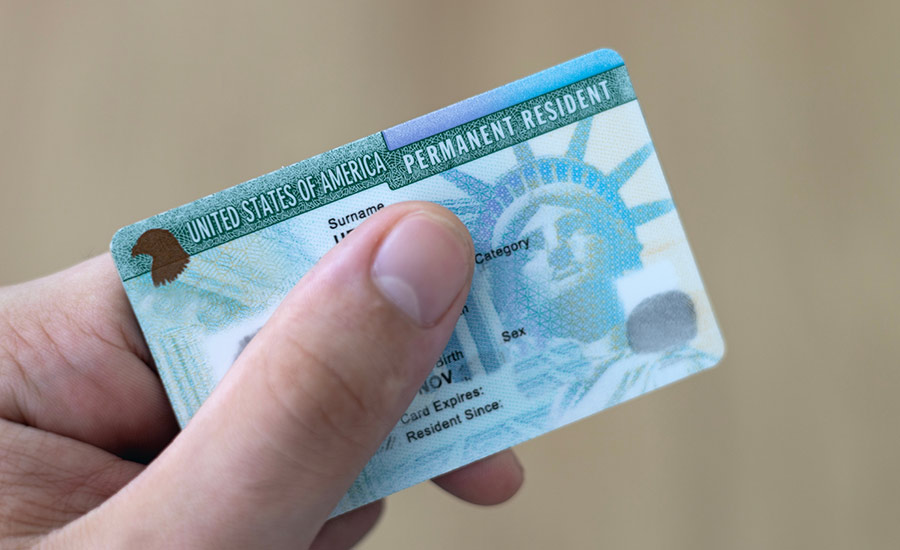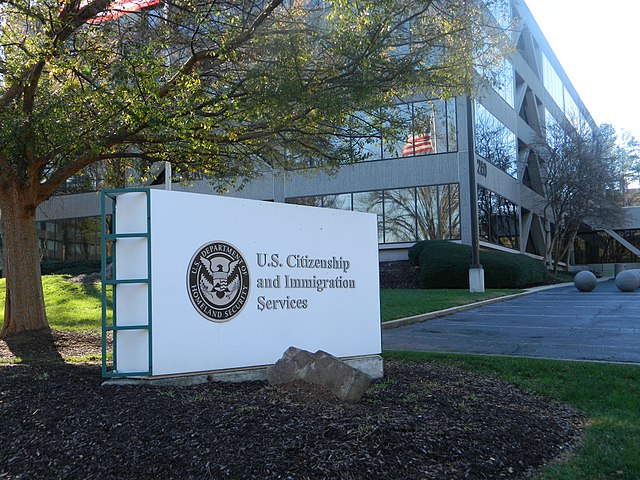

Executive Order 14157, issued in early 2025, introduced a sweeping change to the intersection of national security and immigration law. By designating several Mexican drug cartels as Foreign Terrorist Organizations (FTOs), the order aims to elevate the federal government’s criminal response to cartel violence. But it also has a direct and potentially devastating impact on immigrants, asylum seekers, and even green card applicants.
As of July 2025, the fallout from this order is clear. Individuals fleeing cartel violence now face a harsh paradox: contact with these organizations, even under duress or coercion, may trigger automatic immigration bars under the Immigration and Nationality Act’s material support provisions.
This article breaks down how EO 14157 operates, what legal challenges are emerging, and how affected migrants can protect themselves.
What the Executive Order Does
Under EO 14157, the U.S. government designated several cartels—among them the Sinaloa Cartel, Jalisco New Generation Cartel (CJNG), and the Gulf Cartel—as Foreign Terrorist Organizations according to section 219 of the Immigration and Nationality Act.
This move activates several immigration consequences:
- Anyone who has provided “material support” to these organizations is now inadmissible to the United States
- Individuals already inside the U.S. may be denied asylum or permanent residency based on any association with these entities
- Migrants who paid a smuggler, were forced to work for a cartel, or cooperated under duress may fall under these categories
The law does not require a showing that the person agreed with the group’s ideology or committed a violent act. Even limited or coerced assistance can be disqualifying.
Legal and Humanitarian Implications
The new FTO designations place thousands of migrants at risk of being deemed inadmissible or ineligible for relief, even when their only connection to a cartel was through exploitation or survival.
For example:
- A woman fleeing extortion in Honduras who was forced to pay a cartel-affiliated smuggler may be denied asylum for material support
- A migrant who worked in a cartel-controlled town and paid protection money may be found inadmissible
- Victims of trafficking and forced labor may be barred from visas or green cards if they were compelled to aid or shelter cartel members
U.S. Citizenship and Immigration Services (USCIS) officers and immigration judges have begun applying this bar with increasing frequency, often requiring detailed evidence that the support was provided under duress—a standard that is difficult to meet without legal assistance and psychological documentation.
Legal Challenges and Waiver Limitations
Several advocacy organizations have filed lawsuits challenging the scope of EO 14157, arguing that its immigration consequences violate due process and overreach the intended function of anti-terrorism laws. These cases are still pending as of July 2025.
While the INA allows for limited waivers of the material support bar in cases involving duress, those waivers are discretionary and require applicants to affirmatively demonstrate they had no reasonable alternative but to provide support. This is a high bar that often requires expert declarations, country condition reports, and detailed personal affidavits.
Unfortunately, there is no automatic exception for individuals whose contact with cartels occurred solely to flee to safety.
How Spar & Bernstein Can Help
Our firm is actively representing clients who are facing adverse immigration decisions based on EO 14157. We offer a comprehensive legal strategy to protect individuals affected by this policy.
Our services include:
- Assembling waiver requests supported by expert declarations, medical evaluations, and forensic evidence
- Preparing detailed personal statements and affidavits documenting duress, coercion, or victimization
- Arguing asylum claims based on gang and cartel persecution while navigating material support pitfalls
- Challenging unreasonable or misapplied decisions in federal court
- Seeking protection under other humanitarian categories, such as the U visa or relief under the Convention Against Torture (CAT)
We also provide trauma-informed legal representation for individuals affected by sexual violence, trafficking, or forced labor in cartel-dominated regions.
What Immigrants Should Do
If you or someone you know has fled cartel violence or crossed the border with the help of a smuggler, it is important to take the following steps:
- Consult an experienced immigration attorney before submitting any applications for asylum, adjustment of status, or immigration benefits
- Document the context of any contact with cartels, including threats, coercion, or third-party involvement
- Obtain psychological or medical records if trauma played a role in your journey
- Preserve evidence of nonviolent intent, religious or political opposition to criminal groups, or efforts to avoid collaboration
The more detailed and well-supported your narrative, the stronger your case will be in seeking a waiver or exemption under existing law.
EO 14157 has added a new and deeply troubling obstacle to those seeking safety in the United States. By classifying cartels as foreign terrorist organizations, the administration has blurred the line between victim and perpetrator in U.S. immigration law.
At Spar & Bernstein, we believe that survivors of violence should be protected, not penalized. Our attorneys are working tirelessly to ensure that asylum seekers and other migrants impacted by this policy are given a fair hearing, legal support, and a chance to live without fear.
If you have been affected by cartel violence or are concerned about how EO 14157 may impact your case, contact us immediately. We are ready to help you fight for your future.




